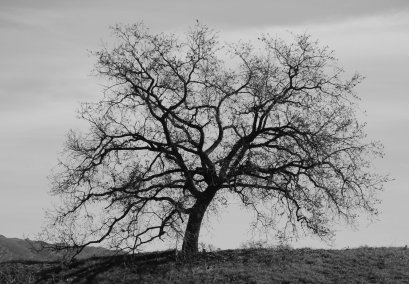The object of a new year is not that we should have a new year. It is that we should have a new soul- G.K. Chesterton
I was reading the preface of a book the other day which was unremarkable save t=for the post-script “Christopher Wright, Easter 2007.” It struck me that, unless he was lying, this theologian must have written his monograph on that day with great intention. As a Christian, I understand his choice of day and certainly the importance of it, yet his words would have been significant regardless of the day they were written. The concept of the “significant” days of the “year,” are an arbitrary convention in many ways; but they are useful, and help humans make sense of our world and allows us a sense of progress through time. In such a scientific, realistic, age what is it about holidays (Holy-days) that still grips us? Why do Western human beings get so excited with setting aside some moments as significant?
Today, for instance, is important. Perhaps because this is a year that some thought would never come. Indeed, for the more superstitious, the thirteenth year may carry ominous portents. Yet, in America, there were many New Year’s parties last night; with wine, laughter and good cheer. Folk chanted along with T.V. announcers as the great orb descended in New York. Yet were it not for the heathen astronomers’ desperate search for meaning in the heavens, we might have no sense of the change; no line in the sand of time. We would be left only with the cycle of seasons, sensed easily in the changes of crops, daylight and weather.
Personally, the idea of New Years Day is delightful. I imagine that oak trees feel a sense of relief in winter – shaking off the old growth and having an arboreal sense of hope. Many of those I know have the same feeling. The doors have shut on the past for good or ill. the troubles and failures of the previous year litter the earth of our lives and we look expectantly forward to buds of new growth. Yet despite all this, we are aware that the future likely holds the same difficulties as the past. What relief can the exchange of calendars really bring?
A friend of mine recently summed the attraction of New Years nicely “you may not be able to start over but you can have a new beginning.” This holiday carries the scent of fresh starts; our lives become a blank canvas, ready for new artistic choices. Resolutions are made with abandon, which the cynical are quick to mock. Yet wouldn’t it be wonderful to be given a new lease on life? Wouldn’t it be grand if it wasn’t just an arbitrary move by human beings but some jubilous divine act in which debts are canceled and the world is made new? Surely even the greatest cynic would admit to such hopes, if not perhaps to such a reality. It is my great hope and prayer that the world would, in fact, be in a better place this year; that you might experience a year of Jubliee and that the new year would be the beginning of Good News of great joy for all!
Luke Parker
New Years Day 2013

